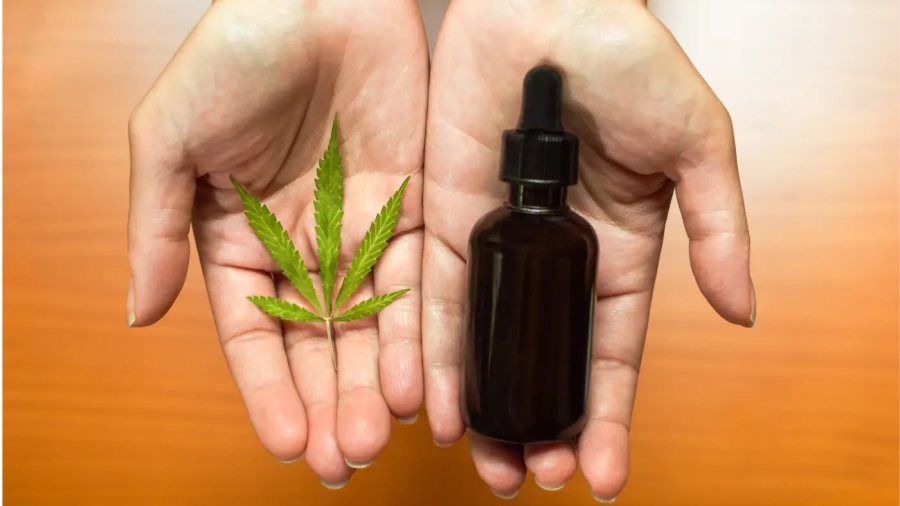CBD oil, or cannabidiol oil, has continued to gain traction and acceptance in various industries and communities around the globe. As of 2024, the landscape surrounding CBD oil has evolved significantly, with expanded legal frameworks, scientific understanding, and consumer interest. Here’s a comprehensive update on the state of CBD oil today:
What is CBD Oil?
CBD oil is derived from the cannabis plant. Unlike THC (tetrahydrocannabinol), the most well-known psychoactive compound in marijuana, CBD is non-psychoactive. This means it does not produce the “high” associated with marijuana, making it an appealing option for individuals looking for relief from pain, anxiety, and other conditions without the psychoactive effects.Legal Status
The legal status of CBD oil has seen considerable changes over the past few years. In the United States, the 2018 Farm Bill legalized hemp-derived CBD oil containing less than 0.3% THC. However, the regulatory landscape varies significantly from one state to another and between countries. In the EU, CBD products are legal, provided they contain less than 0.2% THC, though this threshold can vary by country.Health Benefits
Scientific research into the potential health benefits of CBD has expanded. Studies have suggested that CBD may offer various health benefits, including:- Pain Relief: CBD is thought to interact with receptors in the brain and immune system to reduce inflammation and alleviate pain.
- Anxiety and Depression: A growing body of research suggests that CBD can help manage anxiety and depression.
- Sleep Management: CBD has been used to treat cases of insomnia and promote better sleep patterns.
- Anti-seizure Properties: Perhaps one of the most well-documented uses of CBD is in treating epilepsy. The FDA-approved Epidiolex, a CBD-based medication, is used to treat severe forms of epilepsy in children.

Add a Comment